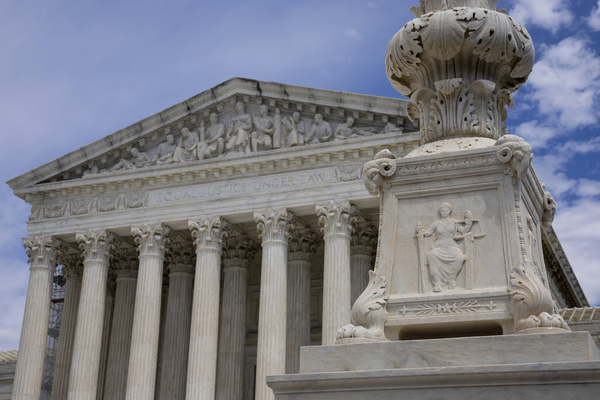In a bold legal maneuver, the oil industry has petitioned the Supreme Court to block climate change lawsuits filed by California and other states, signaling a high-stakes battle over corporate accountability for environmental damage.
The outcome of this legal showdown could have far-reaching implications for the future of climate litigation and the responsibility of fossil fuel companies in addressing the climate crisis.
At the heart of the dispute are lawsuits filed by several states, including California, seeking to hold oil companies accountable for their role in contributing to climate change. These lawsuits allege that oil companies knowingly misled the public about the dangers of their products and engaged in deceptive marketing practices to downplay the environmental impact of fossil fuels.
The oil industry’s petition to the Supreme Court represents a last-ditch effort to derail these lawsuits, arguing that they raise federal questions that should be adjudicated at the federal level. Specifically, the industry contends that the lawsuits implicate issues of federal law, including the regulation of greenhouse gas emissions and the federal government’s role in setting energy policy.
Critics of the oil industry’s legal strategy argue that it is a thinly veiled attempt to evade accountability for decades of environmental harm and delay meaningful action to address the climate crisis.
They point to mounting evidence of the industry’s complicity in spreading disinformation about climate change and its efforts to undermine climate science and thwart regulations aimed at curbing greenhouse gas emissions.
Moreover, environmental advocates and legal experts warn that a ruling in favor of the oil industry could set a dangerous precedent, effectively immunizing fossil fuel companies from liability for their role in exacerbating climate change.

Such a decision would not only thwart efforts to hold polluters accountable but also undermine the ability of states and localities to enact meaningful climate policies and seek restitution for damages caused by climate-related disasters.
However, supporters of the oil industry’s petition argue that climate change is a complex issue that requires a comprehensive, coordinated approach at the federal level.
Related Articles:
They contend that allowing individual states to pursue their own lawsuits against oil companies would create a patchwork of conflicting regulations and legal standards, hindering efforts to address climate change effectively.
As the Supreme Court weighs whether to hear the oil industry’s petition, the outcome of this legal battle remains uncertain. However, one thing is clear: the stakes are high, and the outcome will have profound implications for the future of climate litigation and the fight against climate change.
Whether the court decides to hear the case or not, the underlying issues of corporate accountability and environmental responsibility will continue to shape the debate over climate policy for years to come.
